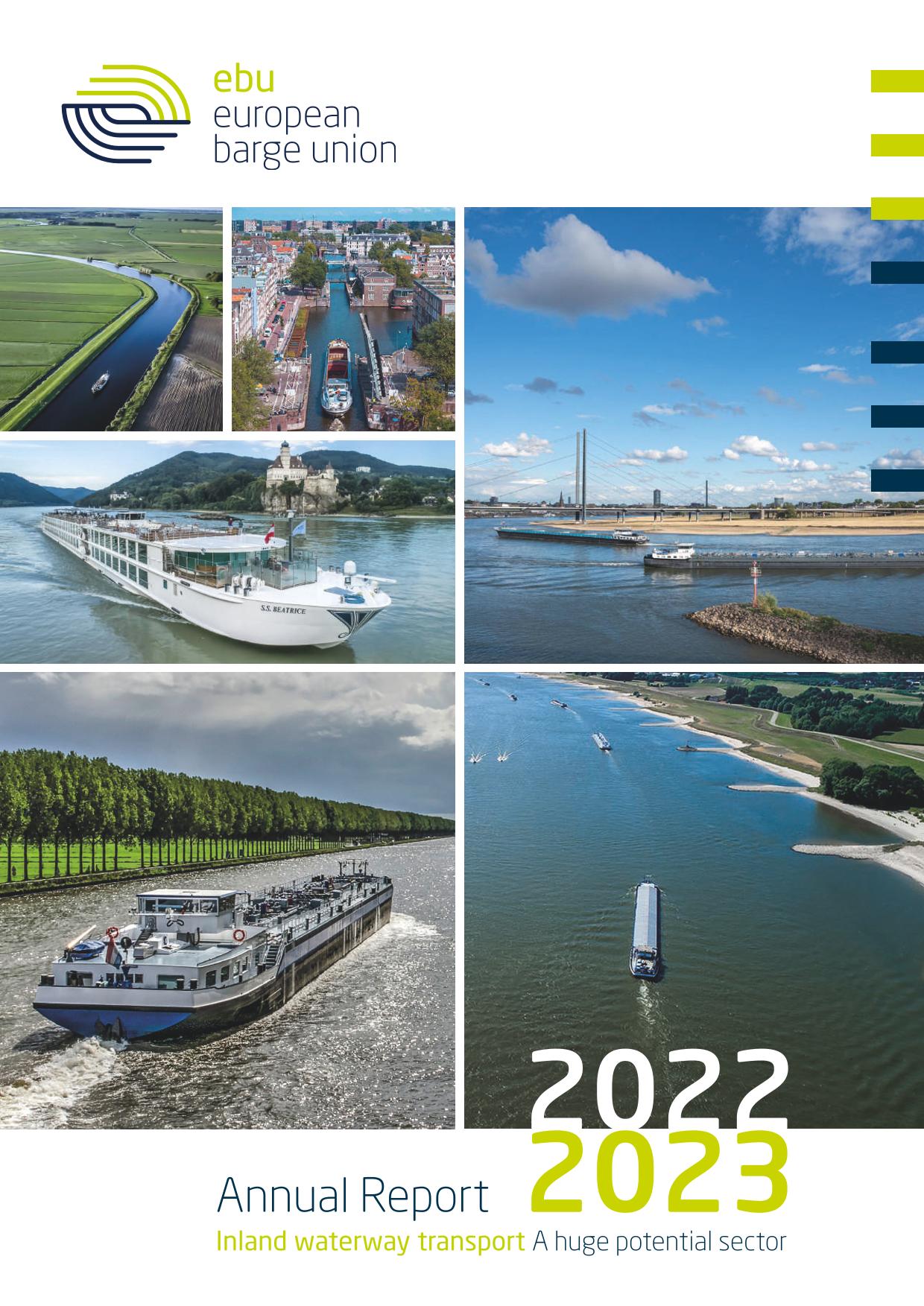To discover the possibilities of the sector in increasing its modal share, mind shifts are needed to disclose and attract new markets. A number of new initiatives are expected to address this challenge by stimulating a better integration of IWT into the logistics chain and to level the playing field with other modes in terms of regulatory and funding support. Certainly, the announced EU policies together with the concrete legislative measures should be tailored to the sector’s needs to tap its full potential.
To serve its clients as a reliable carrier, IWT, however, first and foremost is depending on the infrastructure network. The extreme low water season in summer 2022 demonstrated the more urgent need for climate proof infrastructure requiring proper maintenance, rehabilitation and regeneration of the waterways next to sufficient investments in new infrastructure.
Obviously, the sector – although known for its positive environmental record – is facing huge challenges in terms of innovation and its transition towards lower emission performance. Given the long life span of inland vessels and their engines, the investments in the greening paths need to be future proof. The current uncertainty regarding the future technology and availability of sufficient alternative fuels together with the huge investment costs hampers the quick transition of the sector. This calls for concerted actions from public and private stakeholders.
At the same time, the IWT sector is taking initiatives to attract manpower. Like other modes of transport, it lacks qualified staff on board of the vessels. The recently adopted legal framework should support the mobility of workers via the harmonisation of professional qualifications. In addition, new initiatives such as education for newcomers and a dedicated recruitment campaign should help to overcome the shortage of workers in the sector.
EBU together with its executive body, the IWT Platform, has been involved in all areas of relevance to voice the needs of the sector and act as counterpart of the responsible institutions.
You may read in the Annual Report EBU’s position on the various topics and the role IWT fulfils as key player in the multimodal transport chain.
Cover Annual Report 2023
© EBU
Quelle & Kontakt:
Theresia Hacksteiner
Secretary General EBU
T: +31 653336366
t.hacksteiner@ebu-uenf.org

